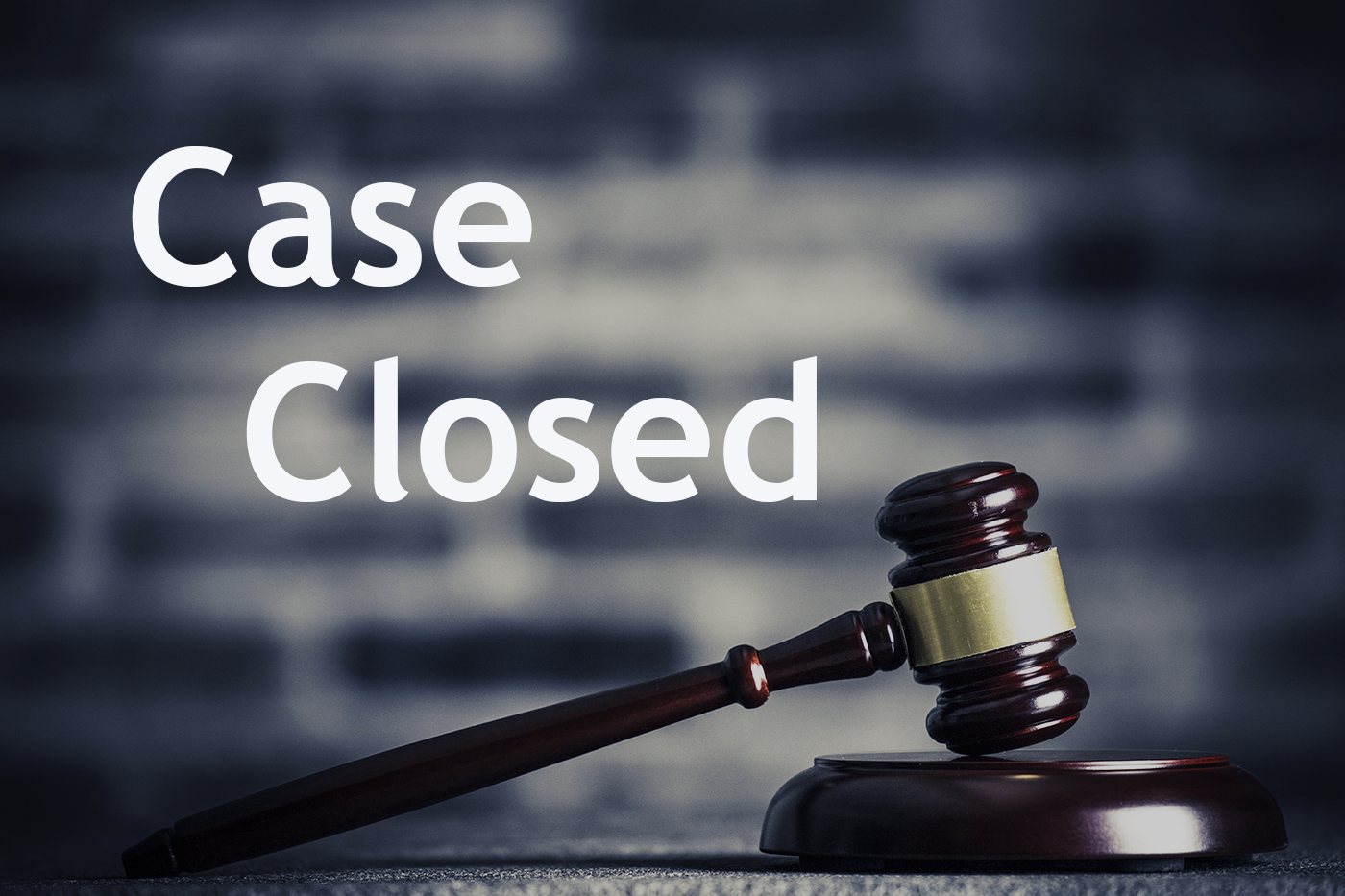Step 5 - Hearing
The Final Hearing
You will learn:
1. The forms needed.
2. What to do at the hearing.
3. Judge's decision.


1. Forms
- All Forms
- Forms List
You may need some, all or none of these forms. Read your Court Order or contact your Court to check.
1. Witness List - JDF 71
- Sample | PDF Fillable | WORD
- Let everyone know who you plan to call as witnesses.
2. Exhibit List - JDF 72
- Sample | PDF Fillable | WORD
- Let everyone know which documents you plan to submit.
3. Subpoena - JDF 80 & 80.1
- Sample | PDF Fillable | WORD: 80 - 80.1
- This document requires someone to come to the Hearing.
4. Motion for Absentee Testimony - JDF 1309 & 1310
- Sample | PDF Fillable: 1309 - 1310 | WORD: 1309 - 1310
- Requests a witness to testify virtually or by phone.


2. Terms
-
Witness
-
- A person you ask questions to at a hearing.
-
Exhibit
-
- A document or other evidence given to the Judge for their consideration.
-
Subpoena
-
- A document that requires someone to attend a Hearing.
-
Direct Examination
-
- When a party asks questions to their own witness.
-
Cross Examination
-
- When a party asks question to the other party's witness.

3. Plan for the Hearing
-
Why do this?
-
- At the hearing, you will report your position on why you need the Clerk to sign the title to property.
- You want to prepare what to say to the Judge.
-
Outline
-
Plan out your report
- Issues – Know what is left for the Judge to decide.
- Law – Know what the Judge can consider when making decisions.
- Facts – Know which facts the Judge can use to apply the law.
-
Witnesses
-
Note: You may be the only witness in this hearing.
A witness gives facts to the Judge by answering your questions.- Select which people have facts the Judge needs.
- Write questions you want to ask each witness.
- Prepare the witness by reviewing with them the questions you will ask.
If you are the only witness you can give a statement. You don't have to ask questions.
A witness can volunteer to come to the hearing.
Or, you can require a witness to come.
- File a form called a subpoena
- Subpoena – JDF 80
-
Exhibits
-
A witness can talk about the documents you provide to the Judge.
-
Select which documents contain facts the Judge needs to know.
-
Organize each document. Label it with
-
A number (Petitioner), or
-
A letter (Respondent).
-
-
Know which witness can talk about that document. Let the witness know they will talk about the document.
-


4. Pretrial Statement
**You may or may not need this form for Motion for Clerk to Transfer Title. Please check your Court Order or contact the Court in your county.
-
What is it?
-
This form outlines what the Judge will need to decide.
It will also include:
- A list of people you want to talk, at the hearing.
- Witness List - JDF 71
- A list of the documents you will present at the hearing.
- Exhibit List - JDF 72
- A copy of all the exhibits.
- A list of people you want to talk, at the hearing.
-
Who files this?
-
- If neither parent has a lawyer:
- Then you will both file your own statement.
- If one parent has a lawyer:
- Then that lawyer will file a statement for both of you.
- Check with the lawyer to make sure they will do this.
- Send your information to the lawyer 14 days before the form is due.
- If neither parent has a lawyer:
-
When is it due?
-
Seven days before the hearing.


5. Go to the Hearing
-
Give Your Position
-
Presenting Facts
- Focus on facts that will help the Judge decide the issues.
- Ask questions to your witnesses.
- This is called Direct Examination.
- Ask witnesses about your exhibits.
- Ask the Judge to accept your exhibits.
Tell your story
- Let the Court know your opinion and why.
-
Oppose Other's Positions
-
-
Ask questions of their witnesses.
-
This is called cross-examination
-
-
Or, you may present exhibits that show that a witness is not telling the truth.
-
This is called rebuttal evidence.
-
The hearing is your one chance to show that a witness is lying.
-
-


5. Final Decision
-
What will the Court Do?
-
- The Court will decide if the Clerk of Court will sign the title.
- The Court may put sanctions on the parent in violation.
-
How Does the Court Decide?
-
The Court will:
Look at Facts by
- Listening to the testimony, and
- Reviewing the exhibits
Determine the truth by:
- Deciding which witnesses are more believable, and
- Deciding which exhibits are more believable.
- This is called a credibility determination.
- You cannot appeal credibility determinations.
Resolve any Conflicting Facts by:
- Deciding which fact is more likely to be true.
- These, along with the undisputed facts, are called the findings of facts.
Apply the Law by:
- Taking the findings of fact, and
- Deciding what the law requires.
-
When Will the Decision Come?
-
- Sometimes, it's the same day as the hearing. Or,
- The Court may take a few weeks.
- Either way, written orders will be mailed to you.
-
Court Orders Clerk to Sign Title
-
If the Judge signs the Order for the Clerk to Transfer title:
-
The Clerk of Court can sign the title or other legal document.
-
The other party does not have to sign the title or other document.
-
If the Clerk does not already have the title you will have to provide it.
The document signed by the Clerk is just as valid as if the other party signed.
-
